The Andean Symphony of Los Kjarkas
In the high-altitude realm of the Andes, where mountains whisper tales of ancient traditions, Los Kjarkas emerge as a cultural symphony, resonating with the soul of Bolivia. This blog embarks on a melodic journey through the biography of Los Kjarkas, unraveling the origin, evolution, and enduring legacy of the musical trailblazers who have etched the vibrant sounds of Bolivia into the global cultural landscape.
Andean Roots: The Birth of a Musical Legacy
Our narrative begins in the picturesque town of Capinota, Bolivia, where the González brothers – Elmer, Ulises, Gonzalo, and Wilson – laid the foundation of Los Kjarkas in 1965. Rooted in the indigenous Quechua culture, the brothers set out to create a musical tapestry that would reflect the richness of Bolivia’s folk traditions.
The name “Kjarkas” draws inspiration from the Quechua word “Kharka,” meaning a rustic place or farm. It encapsulates the essence of the band’s mission – to cultivate and celebrate the authentic sounds of the Andean countryside.
Musical Genesis: The Early Years of Los Kjarkas
In the embryonic years of their musical journey, Los Kjarkas crafted their sound by blending indigenous rhythms with modern influences. They infused traditional instruments like the charango, quena, and zampona with contemporary elements, giving birth to a unique fusion that resonated with audiences across Bolivia.
The band’s early compositions echoed the landscapes of their homeland, capturing the essence of rural life, love, and the vibrant tapestry of Andean culture. Los Kjarkas soon found themselves becoming musical ambassadors, carrying the melodies of Bolivia to national and international stages.
Global Echoes: Los Kjarkas on the International Stage
As their reputation grew, Los Kjarkas embarked on a journey that would carry the Andean sounds to the far corners of the world. Their international breakthrough came in the 1980s with the release of “Llorando se fue,” a song that would later become a global sensation when adapted by the French group Kaoma as “Lambada.”
The success of “Llorando se fue” catapulted Los Kjarkas onto the international stage, where they shared the vibrancy of Bolivian music with diverse audiences. Their performances became a celebration of cultural diversity, fostering a deep appreciation for the indigenous sounds of the Andes.
Compositions of Cultural Identity: Los Kjarkas’ Musical Palette
At the heart of Los Kjarkas’ musical identity lies a commitment to preserving and celebrating Bolivian cultural heritage. Their compositions, sung in both Quechua and Spanish, traverse a vast spectrum of themes – from love and nature to social issues and indigenous pride.
Songs like “El cóndor pasa,” “Bolivia,” and “Ave de cristal” stand as anthems that encapsulate the band’s dedication to showcasing the diverse facets of Bolivian identity. Through their lyrics, Los Kjarkas weave a narrative that resonates with the struggles, triumphs, and spirit of the Andean people.
Andean Fusion: A Pioneering Sound
What sets Los Kjarkas apart is their ability to seamlessly fuse traditional Andean instruments with contemporary genres, creating a musical fusion that transcends borders. The charango, a small Andean string instrument, takes center stage alongside the flute, guitar, and traditional percussion instruments, forming a symphony that captures the essence of the Andes.
This pioneering sound has influenced generations of musicians, inspiring a new wave of appreciation for Andean music both within Bolivia and beyond. Los Kjarkas’ ability to modernize traditional elements while staying true to their roots has become a hallmark of their enduring appeal.
Cultural Advocacy: Los Kjarkas as Ambassadors of Bolivia
Beyond their musical contributions, Los Kjarkas have actively championed the preservation and promotion of Bolivia’s cultural heritage. Through their foundation, the Fundación Cultural Kjarkas, the band has engaged in initiatives aimed at supporting indigenous communities, promoting education, and safeguarding the traditions that inspire their music.
The members of Los Kjarkas see themselves not only as musicians but as cultural ambassadors, bridging the gap between the ancestral and the contemporary. Their commitment to social causes reflects a deep sense of responsibility to uplift the communities that have nurtured their artistic journey.
The Legacy Unfurls: Los Kjarkas’ Impact on Bolivian Music
As we navigate the pages of Los Kjarkas’ biography, it becomes evident that their legacy extends far beyond their musical accomplishments. They have played a pivotal role in elevating Bolivian music onto the world stage, challenging stereotypes, and enriching global cultural conversations.
The band’s enduring popularity, both within Bolivia and internationally, attests to the timeless appeal of their music. From the captivating rhythms of the Andes to the evocative lyrics that speak of universal themes, Los Kjarkas have become synonymous with the spirit of Bolivia.
Conclusion: The Melodic Continuum of Los Kjarkas
In concluding our exploration of the biography of Los Kjarkas, it becomes clear that their journey is a harmonious continuum, a melodic tapestry woven with threads of tradition, innovation, and cultural pride. From the modest town of Capinota to the grand stages of the world, Los Kjarkas have carried the musical soul of Bolivia, leaving an indelible mark on the hearts of those who have been enchanted by their Andean symphony.
The story of Los Kjarkas is a celebration of cultural resilience, a testament to the enduring power of music to transcend boundaries and foster a profound sense of connection. As the band continues to traverse musical landscapes, their melodies echo through the mountains, valleys, and hearts of Bolivia, perpetuating a legacy that remains as vibrant and captivating as the Andean sunrise.
.- Youtube.com – Kjarkas – Munasquechay (Official Video)


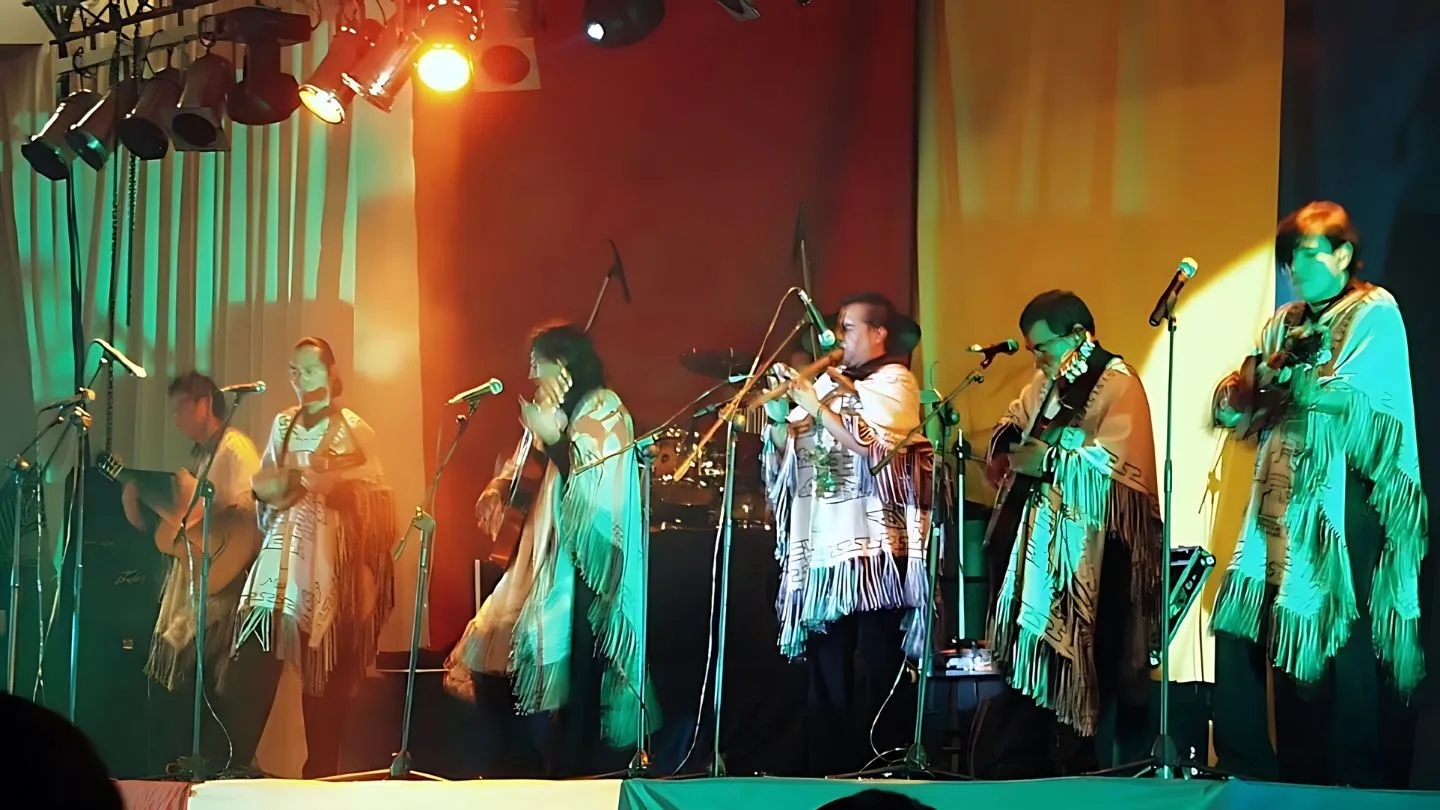
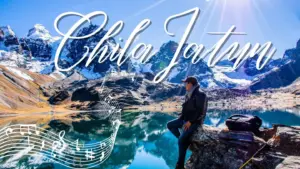
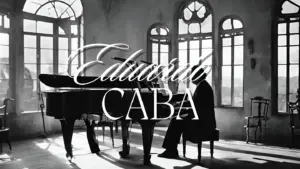
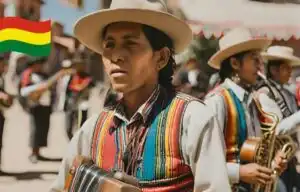
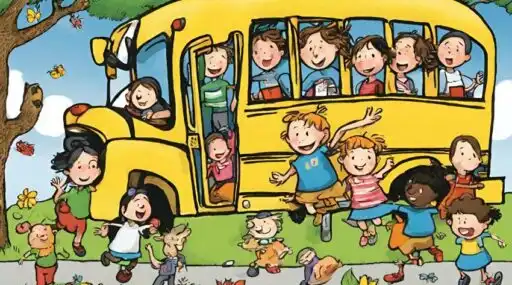
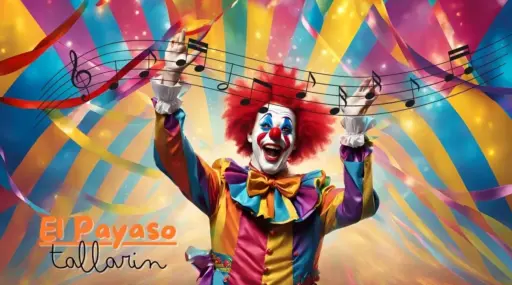
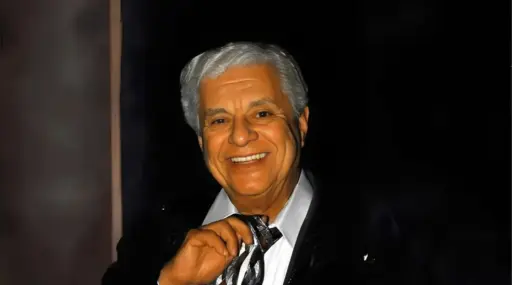
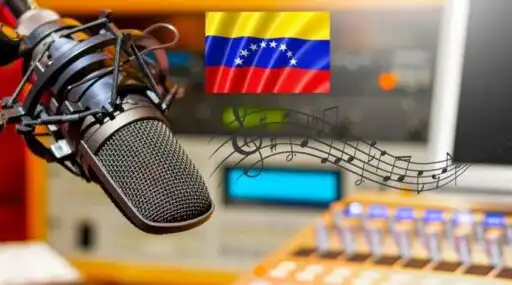




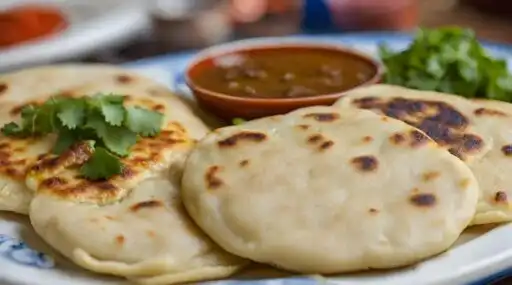
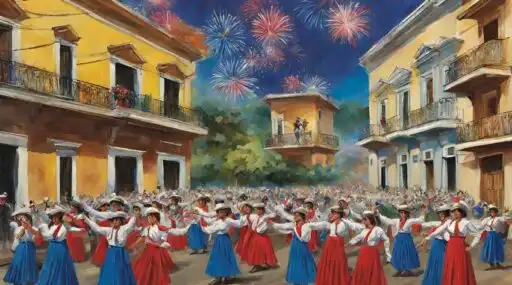
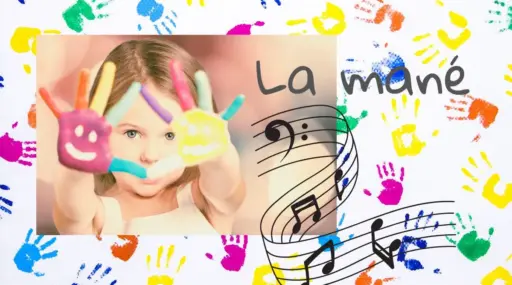
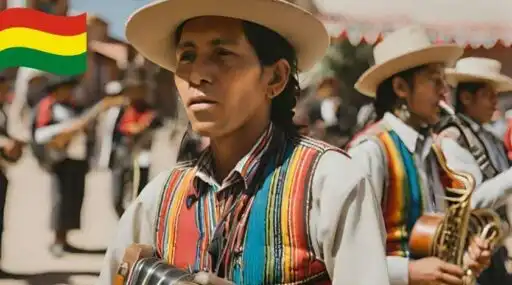

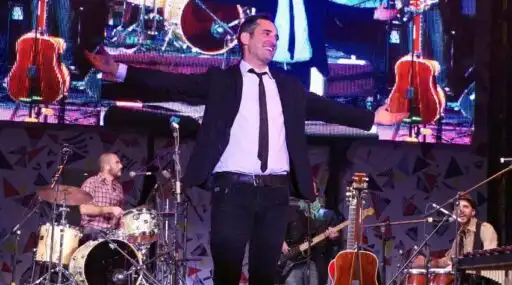


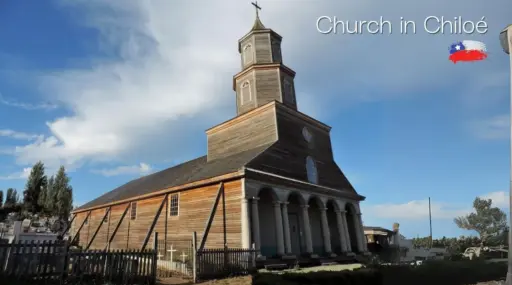
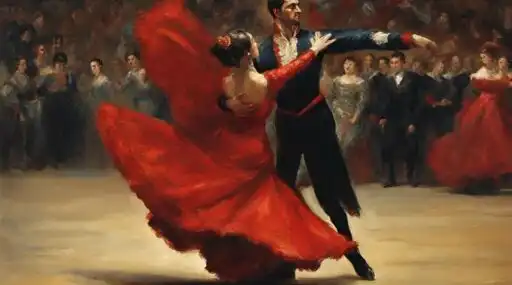

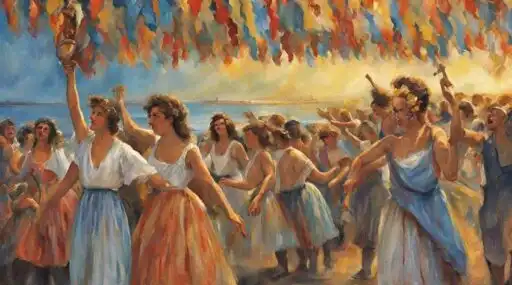

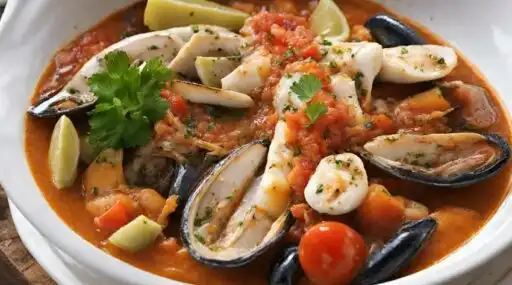

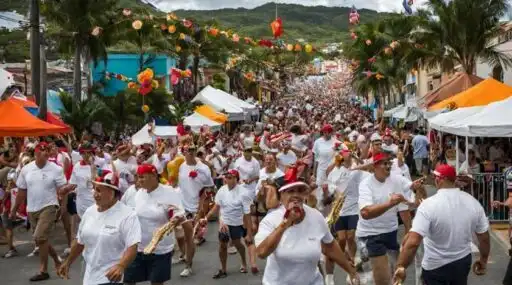
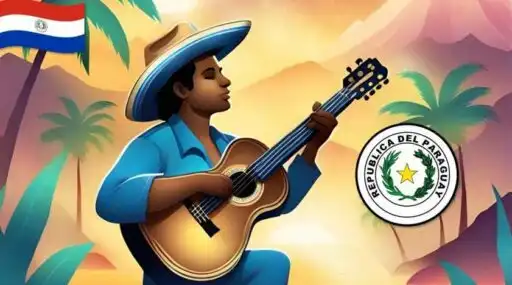
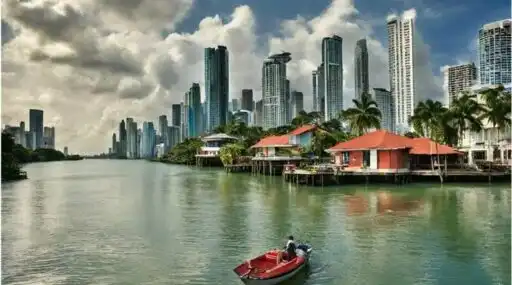
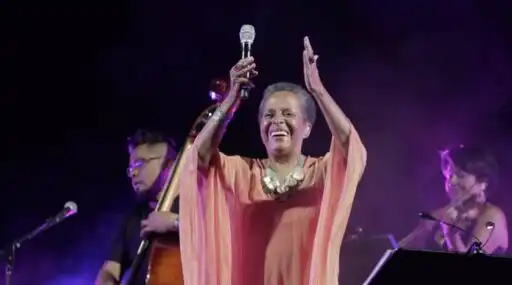

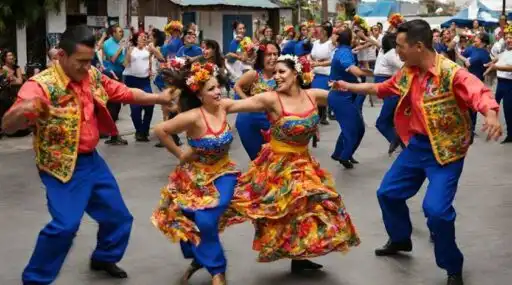
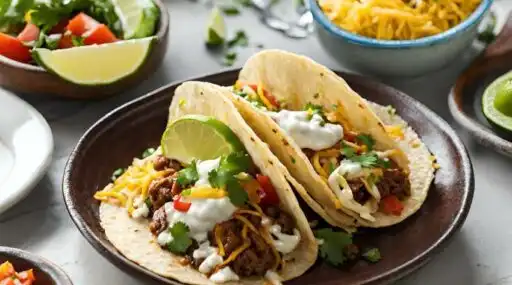
Leave a Reply